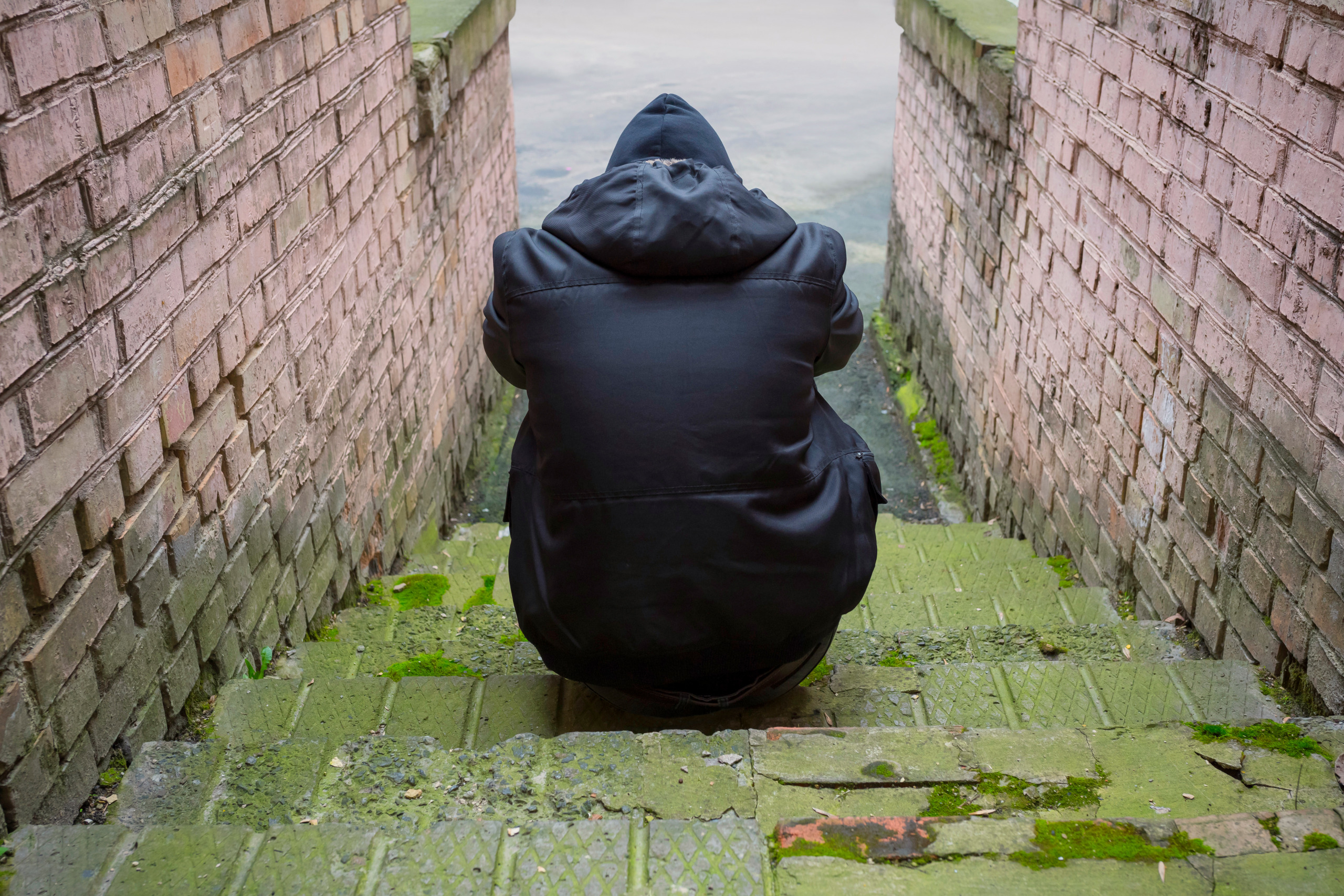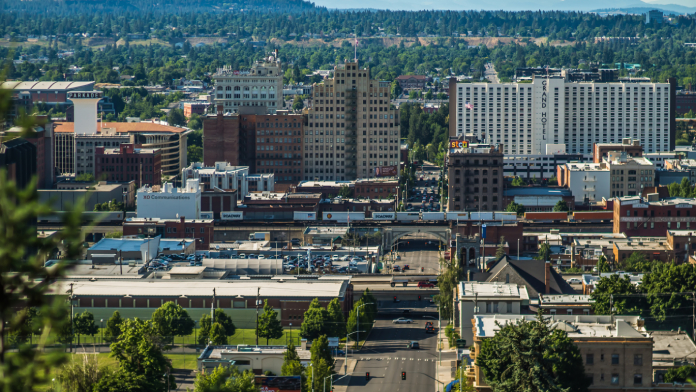Expert Insights
At a time when addiction, particularly opioid addiction is ravaging our nation, I cannot believe that it is easier to access medication-assisted treatment in a different country! I just heard on the radio that methadone treatment is easier to find in Canada than America, according to researchers at Washington State University. This makes me so sad, having lost so many friends to opioid addiction. It doesn’t make sense that a proven effective treatment is so hard to find when so many people are dying from opioid overdoses. Fortunately, there is one methadone treatment clinic in Spokane, which is great for residents! But, if you live outside the area, you will have to return to Spokane to receive treatment. We need to do more, and we need more treatment centers across the state if we have any hope of reducing deaths.
~ Olivia Pennelle
How Expensive is Drug Rehab in Spokane?
Private Insurance
The Mental Health Parity and Addiction Equity Act requires all insurance providers to cover substance abuse treatment to some extent. Since each plan differs regarding specific coverage, Washington residents must check with their provider to confirm exactly what is covered under their plan.
Washington Medicaid
Washington Medicaid is a government program for low-income residents that provides health coverage for individuals and families whose income is below specific levels. To use this program, residents must qualify and apply for Medicaid coverage, and the treatment facility must accept Medicaid as a method of payment.
Washington Medicare
Medicare is a government program that provides health insurance coverage for Washington residents aged 65 or older and individuals with certain disabilities. Not all rehab facilities accept Medicare as a payment method, so it’s important to research each program to determine if Medicare benefits will apply to their services.
Sliding Scale Rehabs
Sliding-scale rehabs allow Washington residents to pay only what they can afford for treatment, based on their income. To qualify, residents must usually provide proof of income.
TRICARE in Washington
TRICARE in Washington (West region) provides health insurance coverage for U.S. military personnel, veterans, and their families. This coverage includes addiction treatment services, but not all plans offer the same amount of coverage.
IHS-Funded Drug Rehabs
Indian Health Service (IHS) rehabs provide free or low-cost treatment for Native Americans and Native Alaskans. This program is available even if the individual has other methods they could use for payment.
Are There Low-Cost and Free Drug Rehab Centers in Spokane?
Free and low-cost drug and alcohol rehab programs can put recovery within reach of just about anyone. These rehabs may be funded by state or federal grant money for mental health and social services or run by nonprofit or faith-based organizations using donations, endowments, and other private funding sources.
These low-cost and free drug rehab options can include the full range of treatments, including:
- Inpatient and outpatient programs
- Detox and withdrawal
- Medical management for detox, withdrawal, and recovery
State and federally-funded free rehabs offer standard rehab treatment in a no-frill inpatient or outpatient environment. These programs often have a long waiting list, especially for inpatient treatment.
Find free and low-cost treatment services through local mental health and social service agencies or by contacting the Substance Abuse and Mental Health Services Administration, which maintains an updated directory of state agencies offering rehab help. Also, consider contacting rehab programs or nonprofit organizations directly to find out if they have financial aid or other payment options that can keep your costs to a minimum.
To qualify for free or low-cost rehab programs, you’ll be asked to show that you don’t have the resources to pay for treatment and provide other information that can include proof of citizenship, residence in Tacoma, and a history of your experience with addiction.
How Does Spokane Compare in Alcohol and Drug Use?
The City of Spokane is the second largest city in Washington State. A decade ago, Spokane’s biggest drug problem was methamphetamines and addiction resources were much harder to access. Today, meth has been overtaken by the synthetic opioid known as fentanyl to become the city’s most dangerous drug threat, and there are now 73 accredited alcohol and drug rehabs in Spokane.1 According to the NW Region Bureau of Indian Affairs (BIA), Division of Drug Enforcement, all three Indian Reservations (Kalispell Tribe, Spokane Tribe, and Colville Tribe) near Spokane are seeing an increase in fentanyl seizures and overdose deaths.1
Here are some statistics specific to Spokane and Washington state:1,2

Due to its location on I-90 and proximity to Canada, Spokane is a central hub for narcotics distributed throughout Eastern Washington and other states like Idaho and Montana.

Opioids – including the illicit opioids fentanyl and heroin – along with prescription painkillers are among the top regional drug threats in Washington.

In Washington, Drug Enforcement Administration (DEA) records show that seizures of counterfeit fentanyl pills increased by 264% from Fiscal Year 2020 to Fiscal Year 2021.

According to the Washington Department of Health (DOH), there were 805 fentanyl-related overdose deaths in the first three quarters of 2021 compared to 653 during the entire year of 2020.
Washington Drug and Alcohol Laws
Laws in Washington include the following regulations regarding substance use and misuse:1,2
Drug Courts: Washington residents who are charged with a first-offense, non-violent substance-related crime that does not involve DUI may be eligible to attend court-ordered rehab instead of serving jail time.
Good Samaritan Law: Washington’s Good Samaritan Law is designed to encourage people to call for medical assistance during an overdose. The law protects those who call 911 from prosecution for minor drug-related charges.
Naloxone Access: Washington state laws allow anyone at risk of drug overdose or who may be in a position to help someone experiencing an overdose to obtain and administer naloxone. Additionally, doctors may prescribe naloxone directly to an organization, such as a homeless shelter, and some pharmacies can dispense naloxone to individuals without a prescription.
DUI Laws: In the state of Washington, the following drug paraphernalia is illegal, and possession of it is considered a misdemeanor punishable by up to 90 days in jail and a $1,000 fine:
Marijuana Laws: Marijuana is legal for both medical and recreational use in Washington. Adults 21 years and older can legally possess up to one ounce of cannabis, 16 ounces of marijuana-infused solid product, or 72 ounces in liquid form. All marijuana must be purchased from a state-licensed facility and consumed on private property. Driving under the influence of marijuana is illegal and punishable by jail time, license suspension, a $3,500 fine, insurance premium increase, and ignition interlock requirements.
Choosing the Right Level of Care
Washington residents have varying needs for substance abuse treatment. Multiple levels of addiction treatment are available to meet those needs.
Detox
The detox process safely clears your system of all drugs and alcohol. This initial step takes place in a hospital or inpatient setting, where medical personnel can supervise and make you comfortable during withdrawal.
Residential treatment typically involves group and individual therapy, family therapy, medication, and other recreational therapy methods. Participants receive these treatments while living at a facility under 24/7 supervision.
Residential or Inpatient
PHPs are less intensive than inpatient because you only remain at the facility during treatment times. Methods of treatment usually involve some of the same methods used in residential care.
Partial Hospitalization Programs (PHPs)
IOPs provide several hours of treatment spread throughout the week. This often includes individual and group therapy. Washington residents may transition to IOPs after completing a residential or PHP program.
Intensive Outpatient Programs (IOPs)
Standard outpatient programs involve two or three hours of care per week. This treatment typically takes place at an outpatient clinic or at a therapist’s office. This level of care is appropriate for individuals who are highly motivated and have strong support systems.
Standard Outpatient
Aftercare includes supportive, ongoing treatment such as 12-step groups, transitional housing, or other accountability groups. The aim of this support is relapse prevention.
Aftercare
Resources
- United States Drug Enforcement Agency. (2022). Operation Engage.
- Washington State Department of Health. (2022). Washington State Drug Overdose: Monthly Updates.



